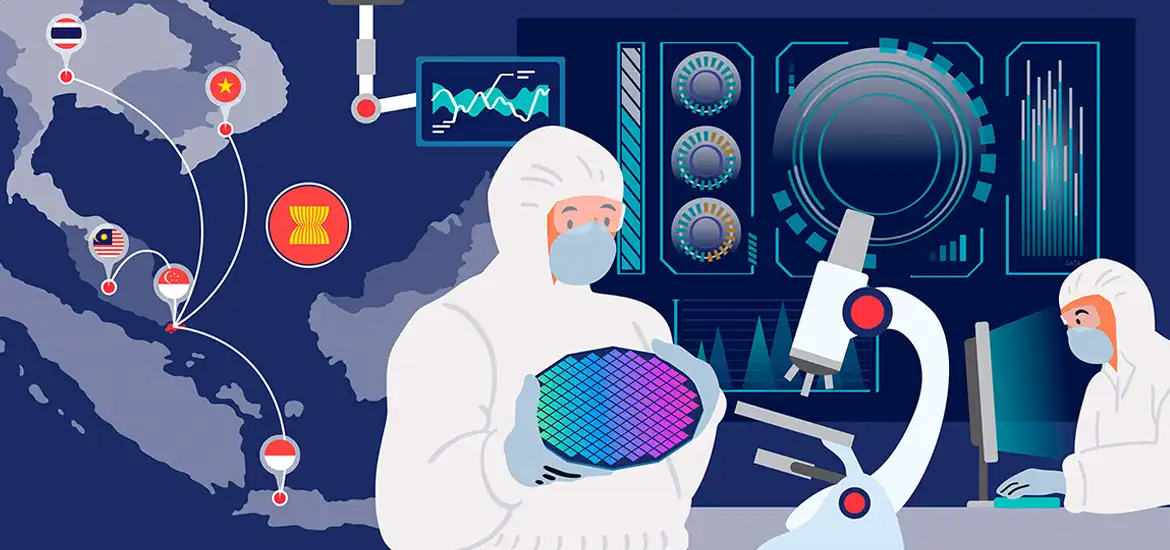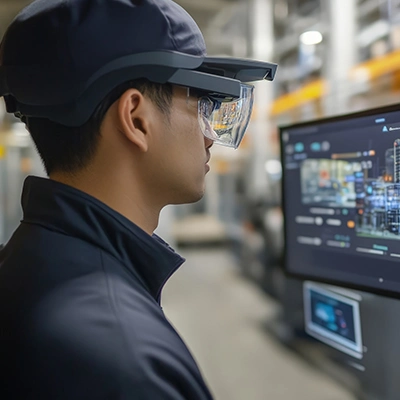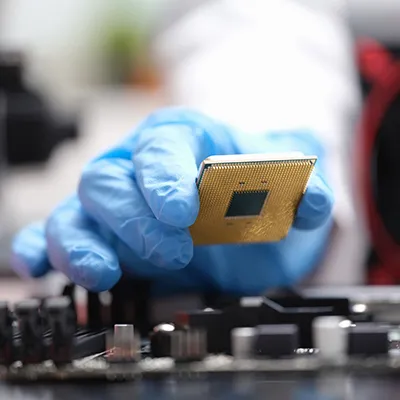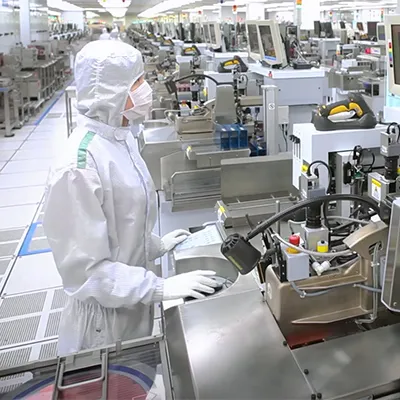As a leading industrial hub, Singapore’s vibrant manufacturing landscape is primed to support manufacturers in achieving high-yield operations and innovation from a reliable and stable base. Singapore can be a key partner for manufacturers looking to capitalise on the vibrant Southeast Asia (SEA) region as a growth market and as a production base.
SEA has a population of around 670 million—many of whom are young and tech-savvy—and the region is tipped to be the world's fourth-largest economy by 2030. With a skilled and digitally-ready workforce, embrace of Industry 4.0 (i4.0) solutions and connectivity to global markets, this dynamic region is one that leading manufacturers cannot ignore.
Here's a look at how Singapore can be an ideal partner for manufacturers seeking an effective go-to-market strategy, as they expand in SEA and beyond.
1. A robust research community to drive innovation and digital transformation
Singapore boasts a network of research institutes and centres that facilitate the rapid adoption of cutting-edge technologies, improving efficiency and product quality.
In 2020, the Research, Innovation and Enterprise 2025 plan (RIE2025) was announced, outlining Singapore’s efforts to invest approximately S$25 billion—with an additional S$3 billion committed in 2024— in four strategic domains. These are Manufacturing, Trade and Connectivity; Human Health and Potential; Urban Solutions and Sustainability and Smart Nation and Digital Economy.
As part of RIE 2025, Singapore will use research and development (R&D) to reinforce the manufacturing sector's competitiveness, deepen its capabilities and ensure Singapore remains a global business and innovation hub for advanced manufacturing and connectivity. Sustainable manufacturing will be a key focus area, with tech translation platforms scaled up to enhance economic value capture, such as through the National Robotics Programme (NRP).
The NRP is a national programme that facilitates partnerships between industry players, local research institutions and institutes of higher learning to develop robotics products and solutions. Local cleaning robot company Lionsbot leveraged the NRP to establish the largest cleaning robot factory in SEA.







